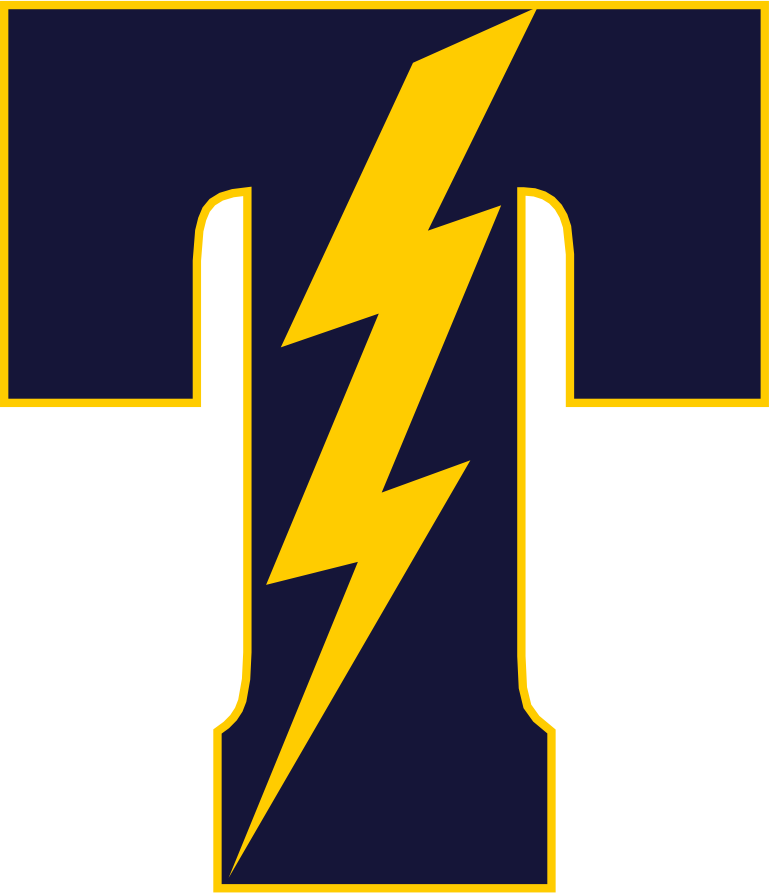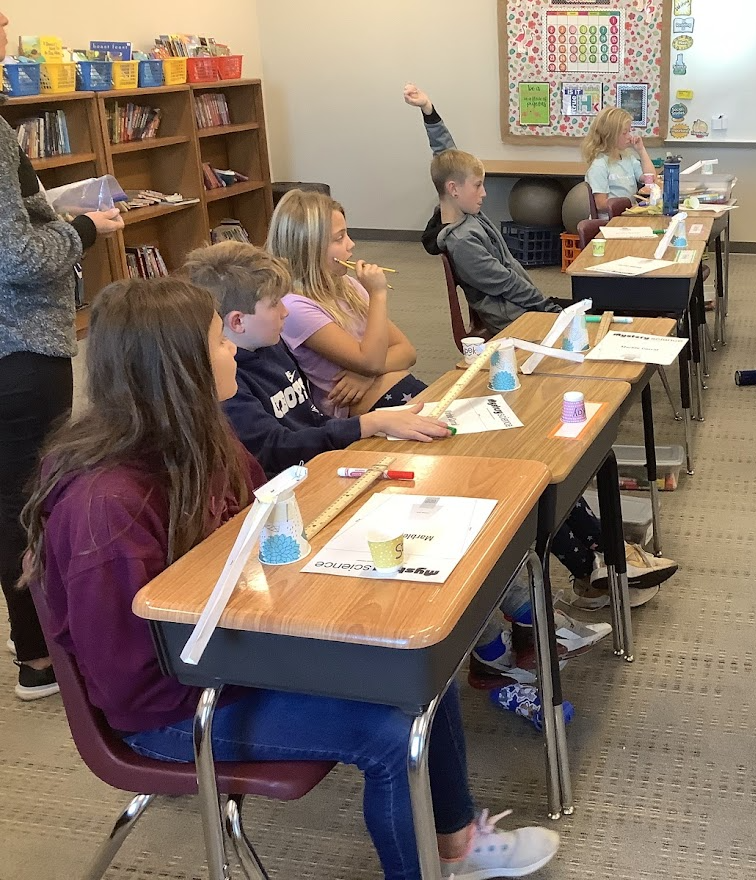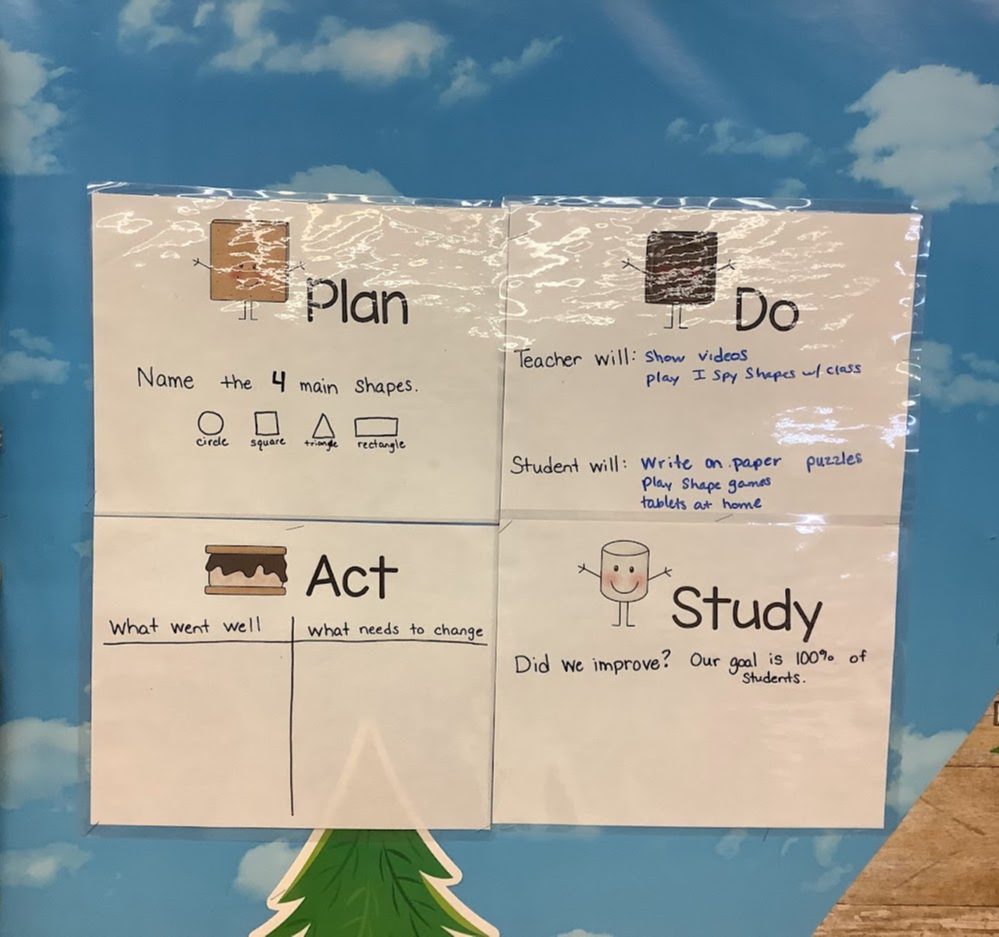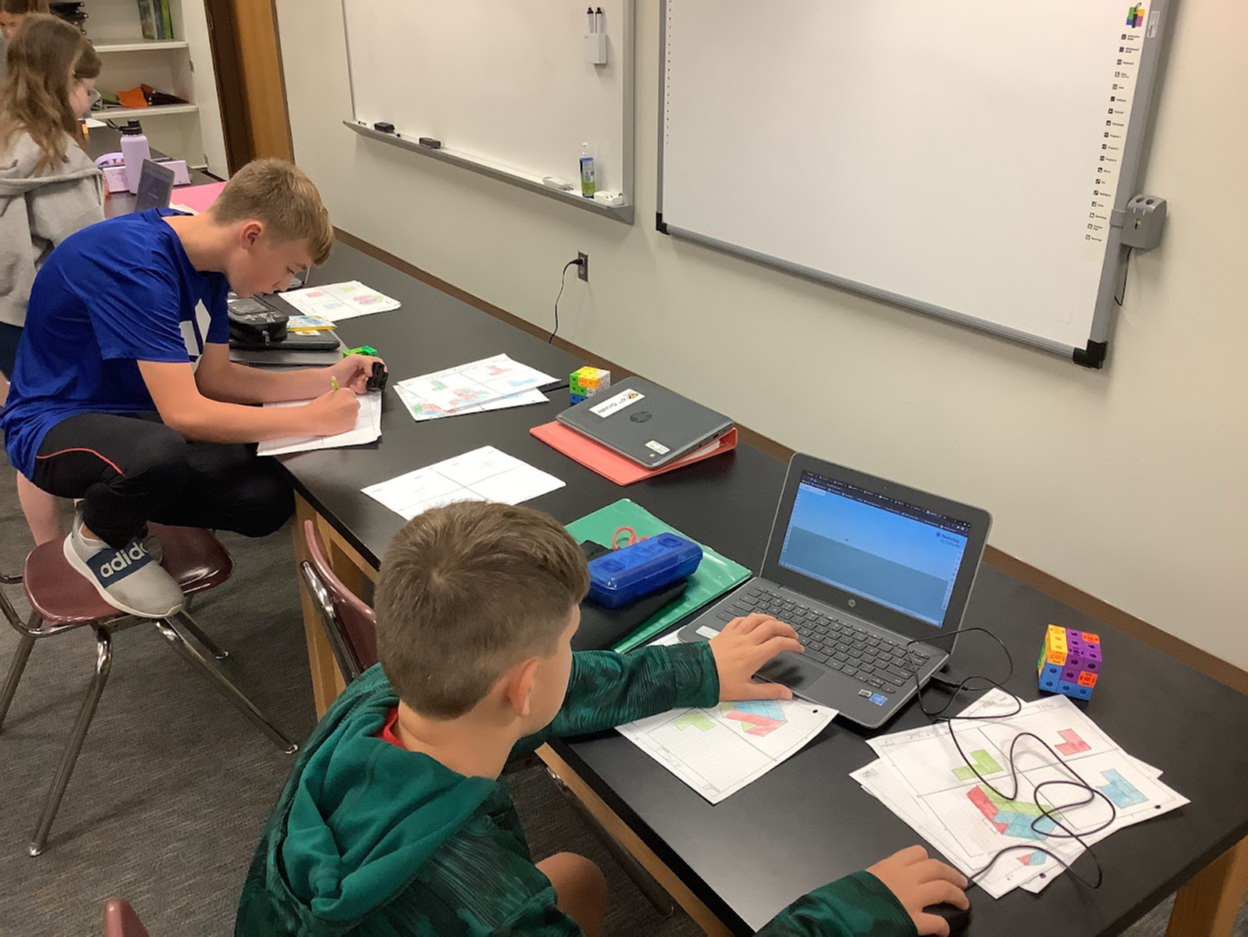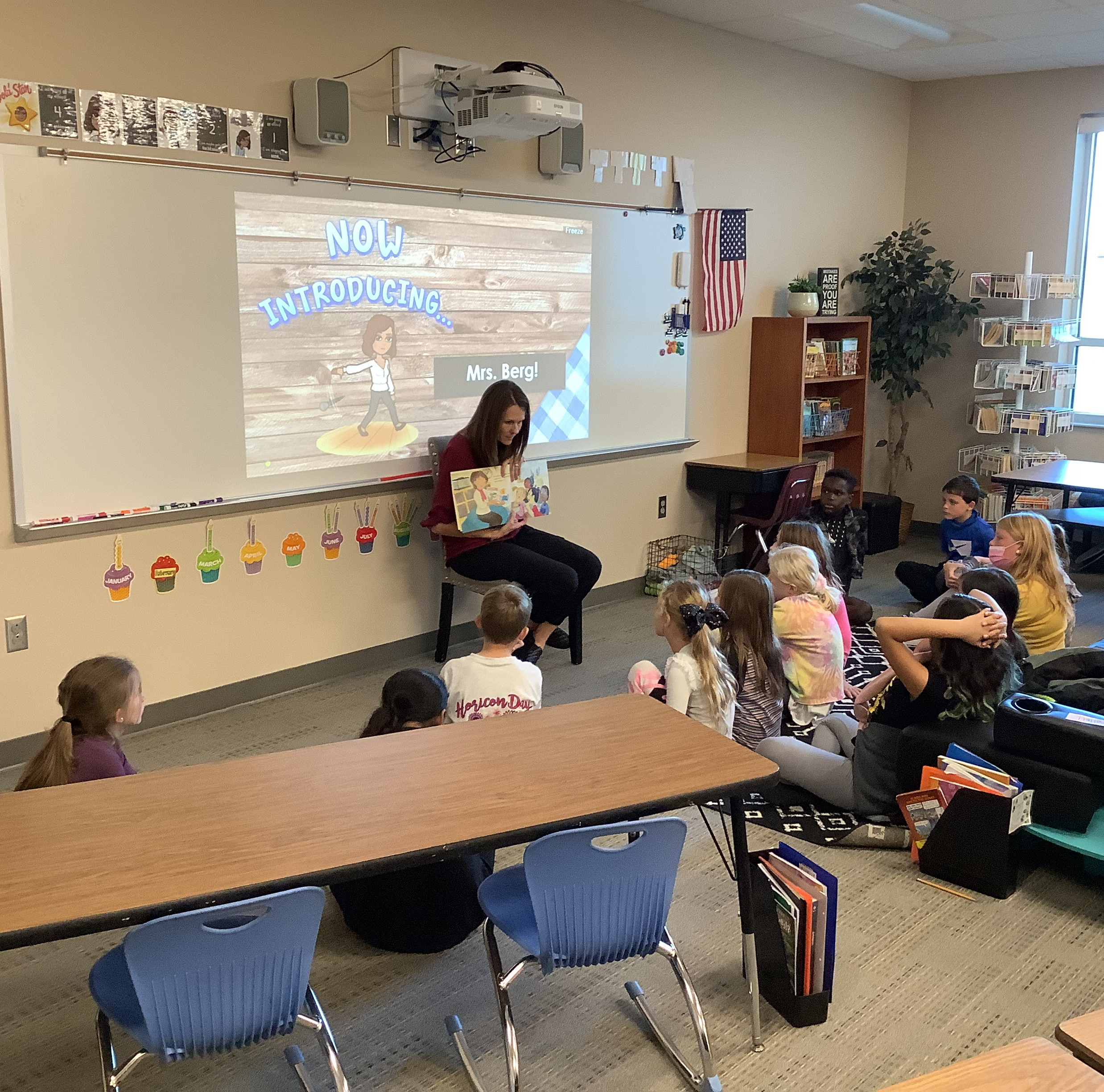





How do I know when a cycle is over?
Excellent question! A cycle ends when you have found an opportunity, tried something, studied the change, and are ready to use what you have learned. You are looking for improvements. Every change is not an improvement, and every improvement does not lead to perfection.
How do I know when to move on to a different challenge or problem?
Another excellent question with an imperfect answer. Sometimes it will feel more obvious than other times. You are looking for improvement (perfection would be nice but may not happen). If the changes you see are leading to improvements then it is time to work on another challenge or problem. Remember your goal, in the beginning, is to practice and model.
When the answer to “Did we improve?” is YES! Then it is time to celebrate. If you have eliminated a hassle, improved an outcome, or solved a problem then your cycle is over.
In our work, the goal is to empower staff and students to make changes that lead to more successful learning.
